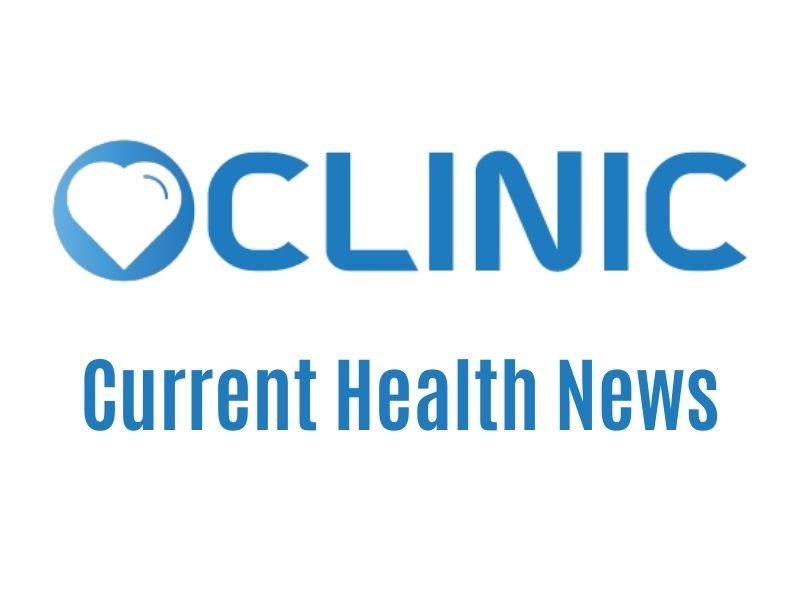Migraine, as we all know, is a headache disorder. Certain triggers in the diet can cause an increase in migraine pain, and if these are adjusted, certain diets have been reported to reduce the frequency of migraine attacks. Several studies have evaluated various diets, such as the ketogenic diet, elimination diets, and low-fat diets. Let’s briefly review them together.
Smoking and Alcohol: In a study conducted in Korea and China, it was reported that alcohol was significantly associated with migraine. This study reported that the most common trigger among alcoholic beverages was red wine (77.8%). It was concluded that the prevalence of migraine was positively related to daily smoking and negatively related to alcohol consumption.
Caffeine: In another study conducted in Turkey, caffeine was found to be the trigger in 6.3% of people with migraine, and in another study, caffeine was the trigger of migraine-related vertigo attacks in 69.6% of patients.
Chocolate-Cheese-Milk: In a study conducted in Turkey, dietary factors (43.6%) including fasting (53.9%) and consumption of milk and cheese (10.3%) and chocolate (18.3%) were associated with migraine. found to be.
Bread and Pasta: It was determined that the monthly migraine frequency and the drugs used decreased with the increase in the consumption of whole-grain bread and whole-grain pasta and the decrease in the consumption of white bread.
Frying and Monosodium Glutamate: In a study, it was reported that chocolate, fried foods and foods rich in monosodium glutamate are the most common dietary factors associated with migraine.
Low Glycemic Index Diet: In a study conducted with 350 people, it was observed that a low-glycemic index diet reduced monthly migraine attacks, but the severity was the same. In addition, it was stated that both the severity and the number of attacks decreased in low-fat diets.
Vegan Nutrition: In another study, it was seen that the frequency of drug use decreased in those who follow a vegan diet. The effect of water on the number of attacks and the severity of headaches is discussed.
Ketogenic Diet: Studies have shown that after 1 month of ketogenic diet, the average attack frequency and duration are significantly reduced.
Omega-3: Greater omega-3 PUFA intake has lowered the prevalence of severe headache or migraine.
DASH Diet: Analysis results show that individuals most adhering to the DASH diet (high intake of fruits, vegetables, whole grains, poultry, fish and nuts, restriction of saturated fat, red meat, sweet drinks, and refined grains) exhibit a lower prevalence of severe headaches. has shown.
exp. dit. Şahika BİDAR ALAC
dit. Rumeysa DARIVIRANLI

